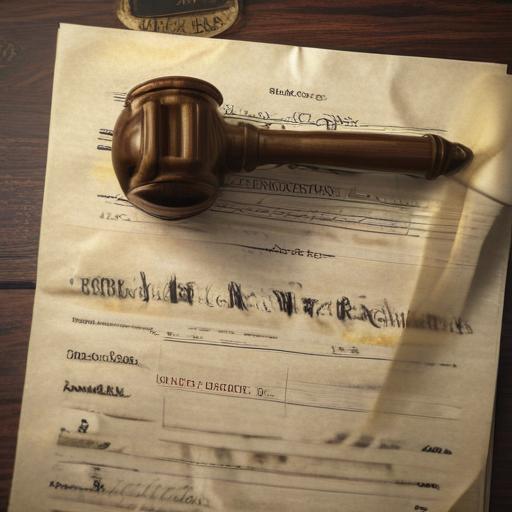A federal judge on Monday denied the Justice Department’s bid to unseal grand jury materials in the criminal case against Ghislaine Maxwell. In a 31-page ruling, U.S. District Judge Paul A. Engelmayer, a Barack Obama appointee, said the Maxwell grand jury materials do not identify anyone other than Jeffrey Epstein or Maxwell as having had sexual contact with a minor.
The DOJ sought unsealing amid public pressure from supporters of former President Donald Trump who have pressed for more disclosures related to Maxwell and Epstein. Trump had directed Attorney General Pam Bondi to release “any and all pertinent Grand Jury testimony” in the Epstein matter.
Engelmayer noted that the evidence presented to the Maxwell grand juries was restricted to a single day and came from a limited mix of witnesses. The government’s case relied on testimony from women who were abused as girls by Epstein and Maxwell, people who worked for them, and law enforcement officials, along with photos, flight logs, and an address book recovered from Epstein’s residences.
“The government’s reasoning for unsealing the Maxwell grand jury materials — that it came after abundant public interest — fails at the threshold,” the judge wrote, adding that the premise that the materials would reveal meaningful new information about the crimes or the investigation is “demonstrably false.” He emphasized that, with only minor exceptions, the evidence from the Maxwell grand juries is a matter of public record.
Engelmayer pointed to the Trump administration’s own admission that much of the material from Maxwell’s trial was publicly available or reported by victims and witnesses. He concluded that a member of the public who reviewed the proposed unsealed materials would learn “next to nothing new.” “There is no ‘there’ there,” the judge wrote.
The ruling stressed the long-standing rule of secrecy surrounding grand juries and suggested that unsealing would likely do little to illuminate the public’s understanding of the case. One notable takeaway was that the Maxwell grand jury transcripts do not reveal new clients of Epstein or Maxwell, nor do they disclose undisclosed means or venues of their alleged crimes, nor any new details about Epstein’s death or the government’s investigative path.
Maxwell’s defense team, led by David Oscar Markus, opposed the unsealing, arguing it could affect her ability to appeal. The judge’s decision underscored the protection afforded by grand jury secrecy and the limited public benefit of disclosing these particular materials.
The decision comes as similar efforts to unseal documents in Epstein’s cases—both in Florida (the original 2005 case) and in related matters—have faced their own judicial hurdles. A request in Epstein’s Florida case was denied by another judge, and another similar request remains pending before a different judge.
Epstein died in 2019 while awaiting trial on sex trafficking charges; his death was ruled a suicide and has fed decades of conspiracy theories. Maxwell’s circle, which also included high-profile figures, has repeatedly drawn public and political attention.
The unfolding dispute also followed reports that Trump had sent a controversial birthday letter to Epstein in 2003, a detail reported by The Wall Street Journal and referenced by various outlets. NBC News did not independently verify the letter, and Trump has denied certain aspects of the reporting.
Overall, the ruling preserves the confidentiality of grand jury proceedings in this case and aligns with the judiciary’s emphasis on safeguarding the integrity of grand jury secrecy, while limiting the public’s ability to gain new insights from the unsealed materials.
Summary for readers: A federal judge refused to unseal Maxwell-Epstein grand jury materials, ruling that the released records would reveal little or no new information and would not meaningfully advance public understanding of the case, thereby upholding grand jury secrecy.
Additional context and value:
– Grand jury secrecy serves to protect witnesses, encourage candid testimony, and preserve the fairness of ongoing investigations and potential appeals.
– The decision does not foreclose future unsealing in other Epstein-related investigations, but it signals a cautious approach to public disclosure when the anticipated informational value is minimal.
– For readers tracking the broader Epstein-Maxwell saga, this ruling reinforces the distinction between trial record materials and the sealed components of the investigative process. Hopeful angle: the ruling reinforces due process protections and ensures that disclosures, when they occur, truly add to public knowledge rather than generate controversy or distraction.
